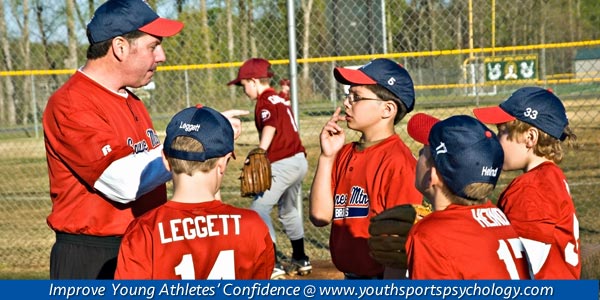
How Can Parents Help Bullied Sports Kids
In a recent survey of 650 parents on an online site about plastic surgery, 68% of parents surveyed said they would allow their teens to undergo plastic surgery to avoid bullying.
The survey shows just how far parents will go to prevent their kids from being bullied—a problem that is rampant in youth sports.
Bullying is one of the top issues parents write us about.
For example, one parent wrote:
“I have a very gifted athlete who started her sports at age 9. Her coaches are amazing and she progressed to the National level quite quickly. There were a couple of girls on the team that were jealous of my daughter, they would belittle her, make rude comments, leave her out of events, and just ignore her.”
Another parent told a story about her son, who returned to soccer after breaking his arm, only to be bullied for not playing well.
“There was an incident last week where the boys all teased him at training because he isn’t confident at heading the ball and his form isn’t perfect. He was almost in tears and now doesn’t want to return to play the rest of the season out.”
It’s common for kids to drop out of sports for being bullied.
However, it’s often hard for parents to intercede before the damage is done because young athletes are often too embarrassed to talk about being the victims of bullying.
First and foremost, parents need to keep an eye out for signs of bullying:
- Are your sports kids suddenly less interested in going to practice?
- Do they seem more anxious about going to practices or games?
- Do they make excuses for avoiding practices and games?
If so, you should talk to them. Tell your sports kids that it’s very common for kids to be bullied and ask them if they’ve seen or experienced any harassment, teasing or intimidation on their team.
You could also talk to the coach.
Be diplomatic. Don’t blame the coach.
In addition, it’s not a bad idea to attend practice to get a feel for how the team members—and the coach—treat one another.
If you do believe that kids are bullying each other—or the coach is harassing or teasing the kids—talk to the other parents. See if you can band together to talk to the coach and the administration.
Keep in mind that the majority of young athletes drop out of sports by the time they are 13 because sports isn’t fun anymore.
Don’t let your child join the ranks of kids who quit!
Related Articles on Youth Sports:
- When Sports Kids Are Bullied By Coaches
- How Should Parents React When They See a Player Bullied?
- Sports Parents: You Can Help Your Athletes if They Are Bullied
*Subscribe to The Sports Psychology Podcast on iTunes
*Subscribe to The Sports Psychology Podcast on Spotify
Help Young Athletes Boost Confidence in Sports!
Every day, we receive letters from parents like you who want their children and teens to excel in sports. However, these parents can see fear, doubt, and frustration on the faces of their kids who struggle with the “inner” game of sports. But these parents have no idea how to help their kids overcome the worries, expectations and self-defeating thoughts that prevent their young athletes from feeling confident and successful.
You can benefit from our 15-plus years’ of work in sports psychology and sports parenting research. Now, you can tap into our secrets to sports success through a cutting-edge, 14-day program that helps young athletes overcome the top “mental game” challenges that sports parents face—and the top challenges young athletes face.

